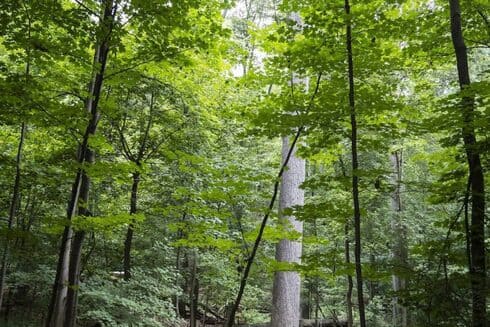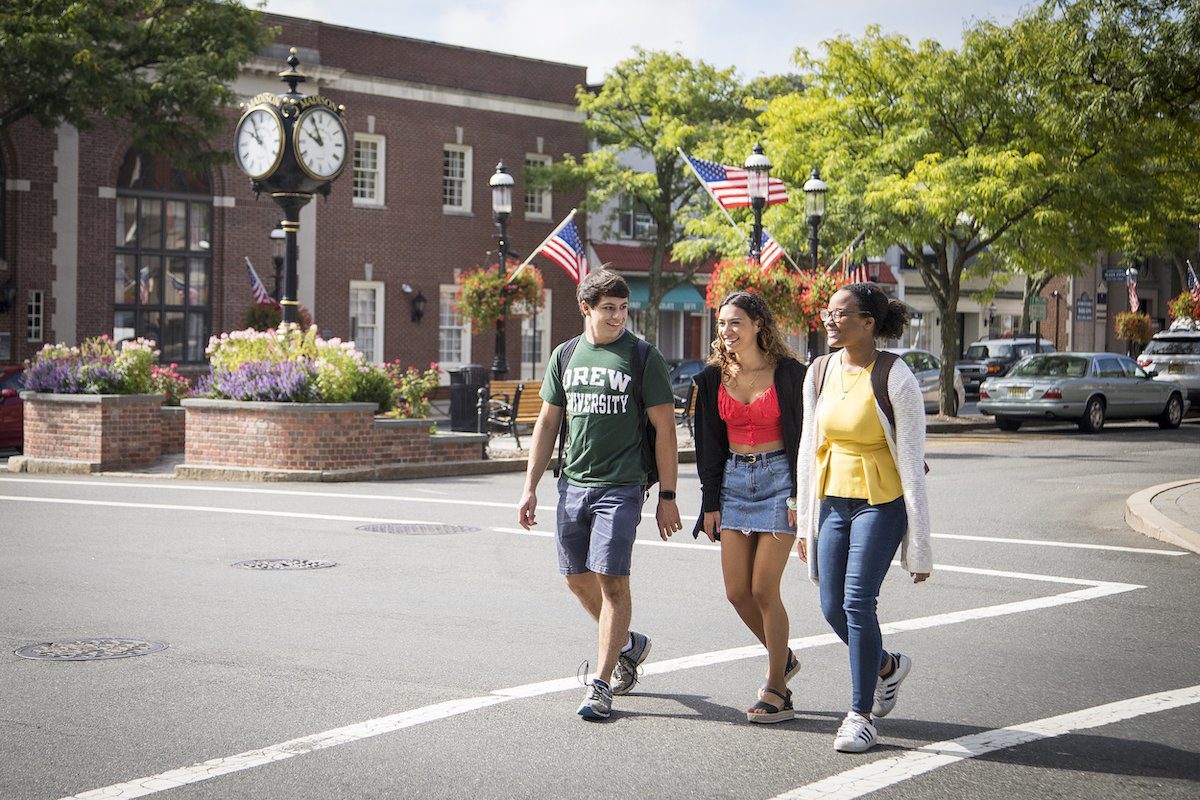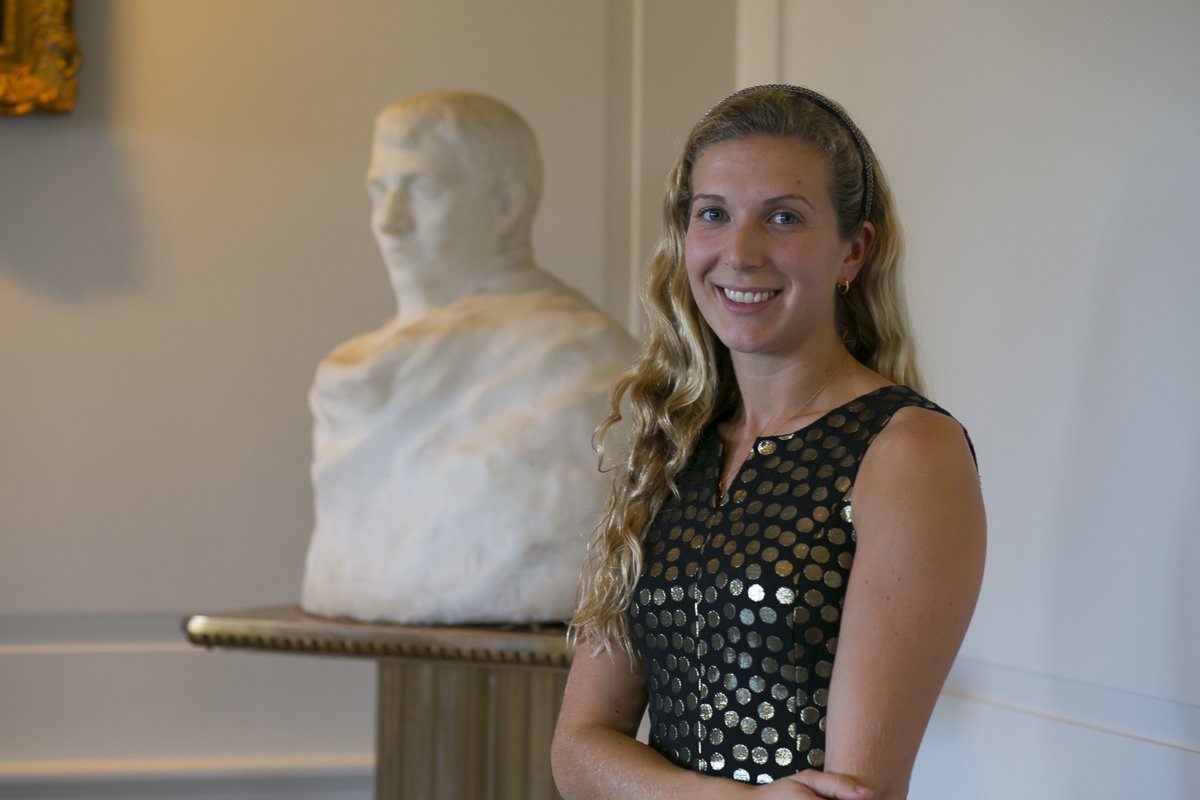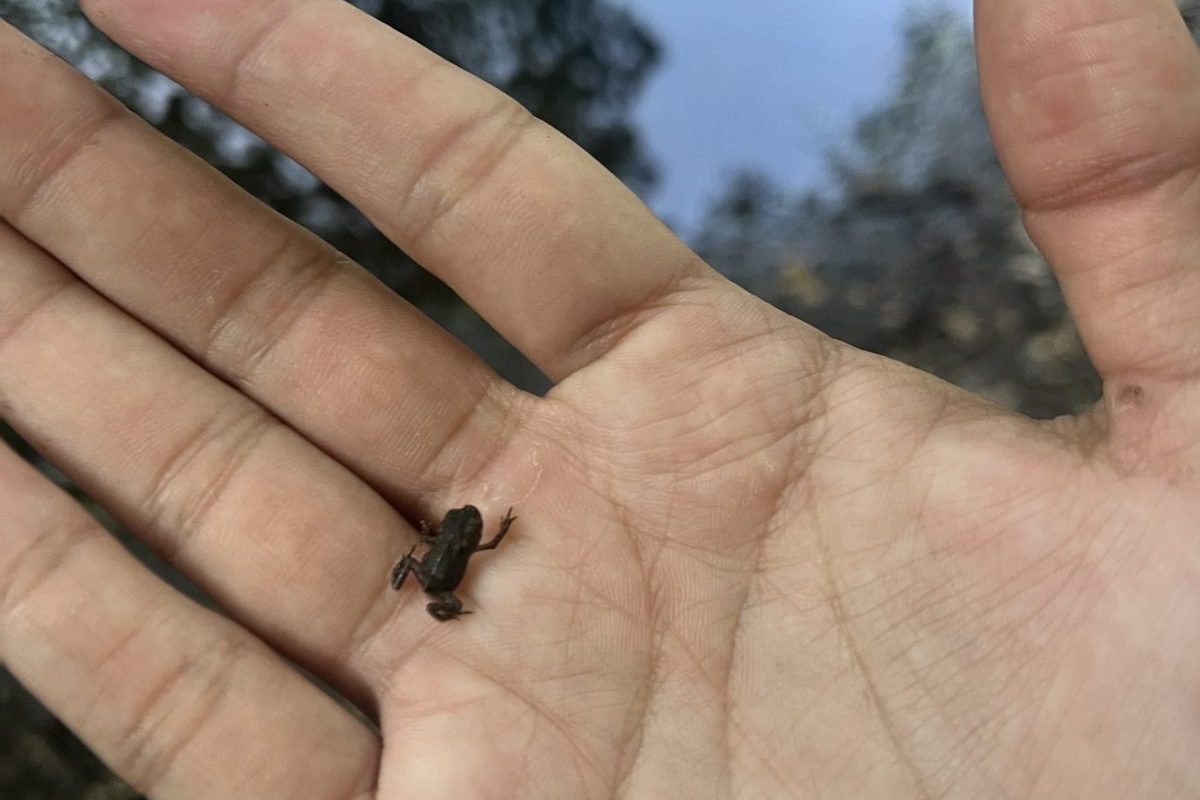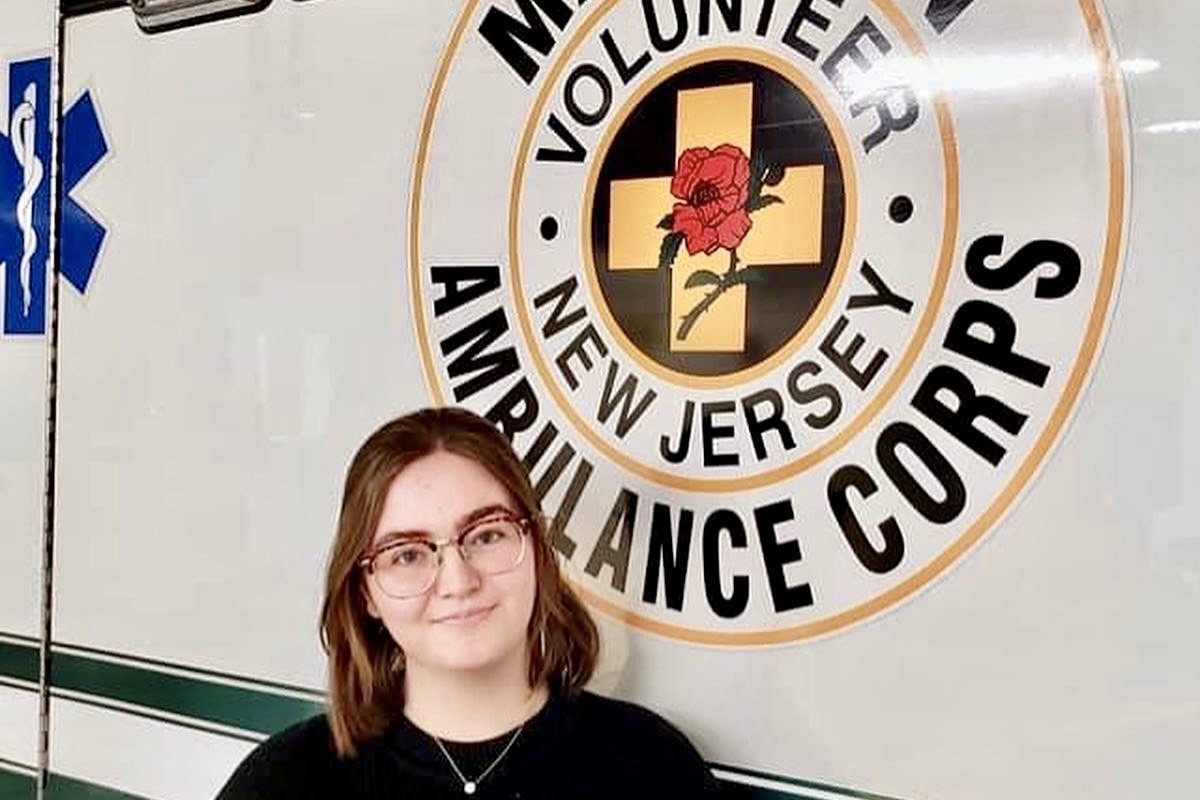Good for Drew, Good for the Community
In recent years, Drew University, like many higher education institutions, has faced unprecedented challenges. We’ve weathered a global pandemic, a national decline in college-aged students, a precipitous drop in state aid, and other factors that have taken their financial toll on the University and its endowment over the past decade, which directly impacts our ability to provide financial aid and academic opportunities to deserving students into the future.
Over the past several years, Drew has made tremendous progress to address the budgetary impact of these challenges, and in fact has achieved a near-balanced budget. These efforts will keep the University afloat. But to truly thrive and plan into the future, we must address the University’s endowment.
Prior to this progress, for a number of years, Drew (like many small higher ed institutions) had unbalanced budgets and had to rely on the endowment to cover those, thus reducing the value of the endowment to an unsustainable level. To improve the financial health of our endowment and safeguard Drew’s legacy for students, alumni, employees, and the community, the Board of Trustees several years ago began exploring all available options to find a solution to “make the endowment whole” while we simultaneously brought the University to a balanced annual operating budget. The most promising option we are currently pursuing addresses our financial needs while ensuring the long-term preservation of The Forest through a two-pronged sale of campus lands.
- The Forest (also known as the Drew Forest Preserve): Drew is seeking a buyer for the part of “Parcel A” that represents the Drew Forest Preserve who is committed to permanently conserving and maintaining this natural treasure for future generations.
- Rental apartment housing close to Madison Avenue: “Parcel B” and “Parcel C”, two small areas close to Madison Avenue comprising seven percent of campus property, would be sold for development of rental apartments, of which 20 percent would be for affordable housing in accordance with state law. Drew would need Madison to rezone these parcels for development in order for Drew to receive a market-value offer.
Drew University deeply values its historic roots and close community ties with Madison, which go back 154 years. The Forest is essential to both Drew and the people of Madison. The Forest is one of Drew’s principal assets that we can leverage for our financial security, and an investment from outside resources is needed to make this a reality. Working together with the Borough of Madison toward a market value conservation deal can meet Drew’s long-term needs and protect The Forest’s future forever.
Frequently Asked Questions
HOW WILL A LAND SALE BENEFIT DREW AND MADISON?
Drew has made significant strides in addressing its budget in recent years, but in order to achieve consistently sustainable financial balance, the University’s endowment must be strengthened. In many ways, the endowment is the financial lifeblood of a college or university. Each year we use a modest amount of its investment proceeds for expenses that are critical to our mission, including providing students with access to Drew through financial aid, and providing for student experiences, programs, and services.
Selling The Forest at market value allows Drew to provide access to higher education to a diverse community of learners and ensures The Forest will be maintained and protected forever, to the benefit of Drew and Madison.
WHAT DREW UNIVERSITY LAND WILL BE IMPACTED?
The Forest isn’t free. As one of Drew’s principal assets, we are actively seeking to protect and maintain it in perpetuity, which will require outside resources. Ensuring The Forest’s protection means Drew is seeking a buyer at market value, and we feel that the Borough of Madison is the ideal partner to protect it forever.
Drew has also identified an opportunity to replenish the endowment through the sale of two additional parcels of campus lands (“Parcel B” and “Parcel C”), both near Madison Avenue and adjacent to existing campus buildings and developments. Both parcels are suitable for development and would be used for rental apartments. Among the many benefits of this is growing the Madison tax base and providing opportunities for new residents to support local businesses.
The sale of the two parcels close to Madison Avenue would be bound by the Borough’s environmental protection. Further, the Zuck Arboretum and the “dell”, a sloped region close to an aquifer, will not be developed.
WHY IS DREW IN COURT WITH MADISON?
Madison did not include Drew’s property in the Borough’s vacant land adjustment. Drew asked the Court to require Drew’s property to be included in Madison’s vacant land adjustment and the Court agreed with Drew. We are now in court on the question of how much “realistic development potential” Drew’s land creates for inclusionary development. Drew proposes to cluster that development on land near Madison Avenue (Parcels B and C). Drew also proposes to sell The Forest land to Madison for market value. Under this proposal, The Forest would be preserved forever.
WHAT IS THE UNIVERSITY’S COMMITMENT TO PROTECT THE DREW FOREST PRESERVE?
The long-term health of Drew’s vibrant campus and student body demands the long-term stability of the University’s endowment. It is time for our campus and the community to consider the reality that The Forest isn’t free, and protecting it for future generations will take outside investment. As we started exploring conservation and philanthropic options, we determined that, along with the funds from selling the two parcels of campus land near Madison Avenue, a market value sale of The Forest to the Borough of Madison would be the most realistic option. At this time, the Borough has not offered market value or been willing to work with us to rezone the two Madison Avenue parcels in order to facilitate their sale for fair value, and we hope that over time that will change.
WHAT IS AN ENDOWMENT? WHAT PURPOSE DOES IT SERVE?
A university’s endowment is made up of large institutional gifts and individual financial donations from alumni and other supporters. Nearly 100 percent of endowment spending at Drew—and at colleges and universities across the nation—goes towards directly improving the student experience and providing resources to ensure access to higher education. It supports student financial aid and scholarships, academic programs, faculty research, and salaries for professors. The health of Drew’s endowment directly correlates with our ability to preserve the University’s future and fulfill our duties to our community.
HOW WILL THE UNIVERSITY’S PLANS IMPACT THE BOROUGH’S TAX BASE?
The Drew University proposal accomplishes everyone’s goals—it preserves The Forest, it enables apartment style housing to be built on the Madison Avenue parcels and it does not burden current taxpayers. It will go a long way to preserving Drew’s financial health and safeguards Drew’s legacy for students, alumni, employees, and the community. Residents in the new apartment communities would pay their fair share of taxes and support local businesses in the area.
